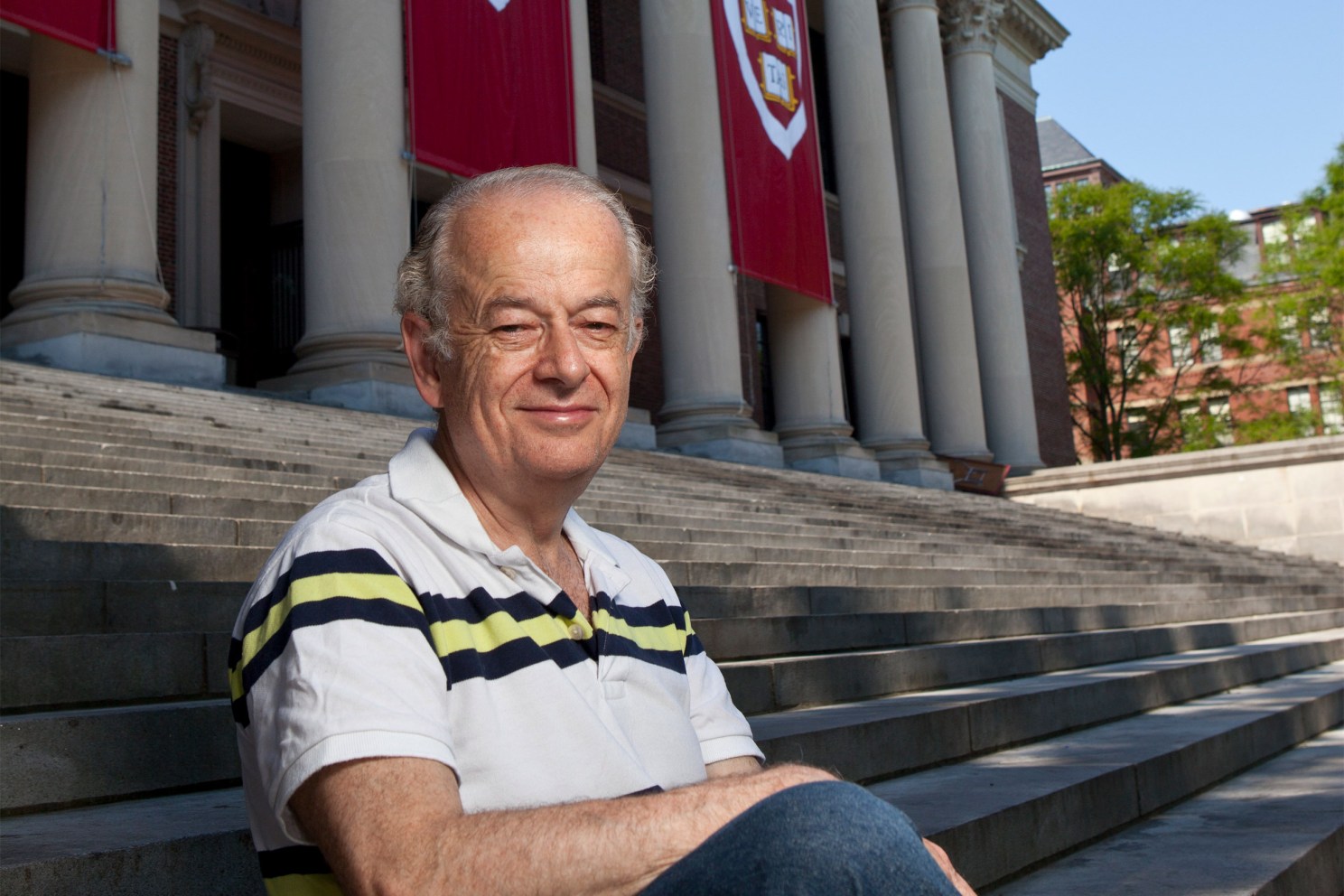Federico Capasso, the Robert L. Wallace Professor of Applied Physics and Vinton Hayes Senior Research Fellow in Electrical Engineering at the Harvard John A. Paulson School of Engineering and Applied Sciences (SEAS) has been named a 2023 Citation Laureate by the analytics company Clarivate.
Citation Laureates honor researchers who are considered likely to win the Nobel Prize based on the citation impact of their published research. This year, 23 laureates were chosen in the fields of physiology or medicine, physics, chemistry and economics. Each has at least one paper that has been cited more than 2,000 times since 1970.
Since 2002, 71 Citation Laureates have gone on to win the Nobel Prize in their respective fields.
Capasso is being recognized for his “pioneering research on photonics, plasmonics, and metasurfaces, as well as contributions to the invention of and improvements on the quantum cascade laser.”
Capasso has four papers with more than 2,000 citations, including his seminal 1994 paper describing the breakthrough of the quantum cascade laser. His most cited work, with more than 8,000 citations, is his 2011 paper on the discovery of the generalized laws of refraction and reflection, which paved the way for the metasurface revolution.
His other most cited works include the report of the first metalens that focuses visible light with high efficiency and without distortions and a paper on flat optics
Since 1986, Capasso’s publications have more than 110,000 citations.
Capasso’s work has not only led to scientific breakthroughs but also to widely commercialized technological breakthroughs. The quantum cascade laser is one of the most widely used laser in the mid-infrared, a spectral region of paramount importance because most molecules have their telltale absorption fingerprints in this spectral region. Metalenz, a company spun out of Capasso’s lab, is in partnership major semiconductor manufacturers to produce metalenses for consumer electronics, smart home and industrial robotics and automotive applications, using the established technology of semiconductor chip manufacturing.





